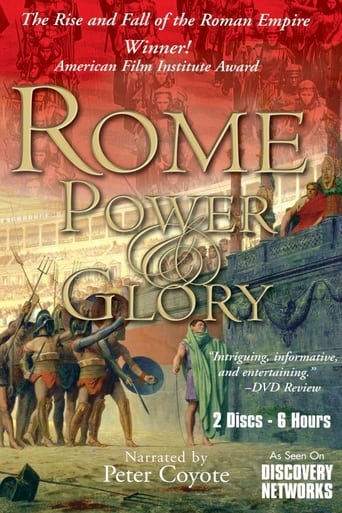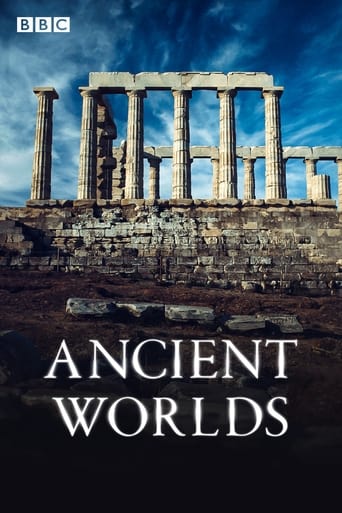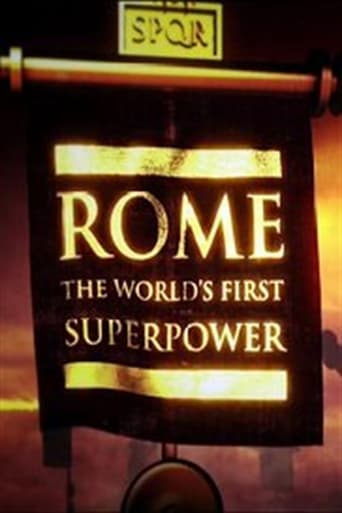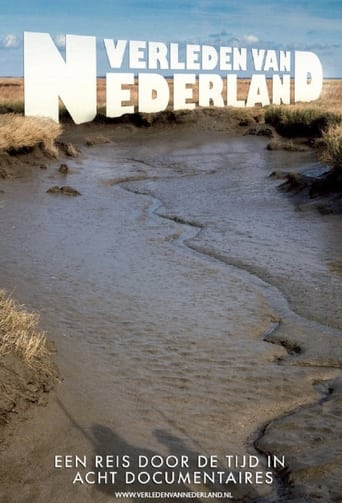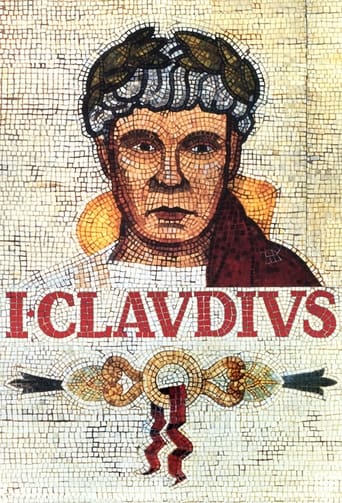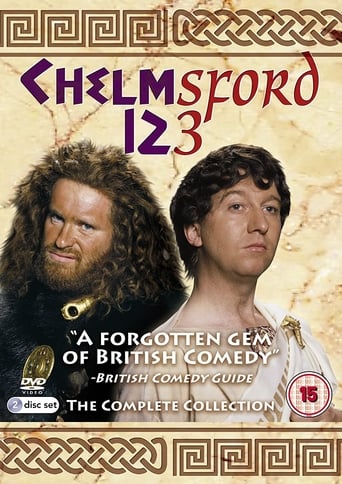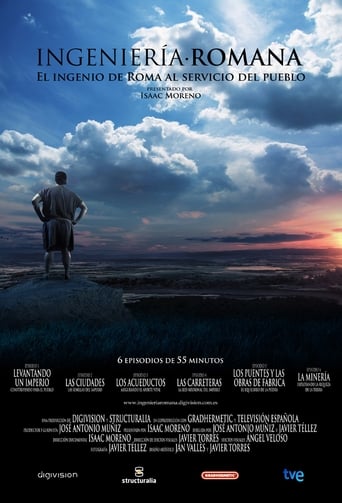
Rating:
9/10 by 1 users
Minery
Rome had a high degree of engineering for the extraction of metals and other minerals, and made great use of them. Rome launched the exploitation of mineral resources in colossal magnitudes and dimensions, hitherto never seen.
Writing:
- Jose Antonio Muñiz
Release Date:
Thu, Jan 01, 2015
Country: ES
Language: Es
Runtime: 55
Country: ES
Language: Es
Runtime: 55
Season 1:

In this episode, the Public Works engineer Isaac Moreno will take us to fly over the plains of Spain and France, where we will observe the roads and vestiges of the Roman roads.

Rome had a high degree of engineering for the extraction of metals and other minerals, and made great use of them. Rome launched the exploitation of mineral resources in colossal magnitudes and dimensions, hitherto never seen.
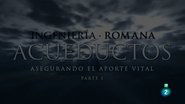
The Romans chose the location of aqueducts in some of the most important cities of the Empire. We focus in particular on the city of Nîmes, ancient Nemausus, and the magnificent challenge of providing it with one of the most spectacular water supplies of antiquity. It shows through precise and elaborate computer simulations, the works and engineering necessary to make it come true: the techniques that the Romans used to pierce the mountains, save the valleys and gorges and distribute the water to the city.
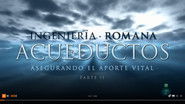
Episode about the technological advances of the Roman Empire in relation to the construction of aqueducts.
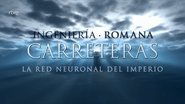
Episode that explains how Rome served as a model for the rest of the cities of the Empire and how a city was founded: the decision of its location, the rituals, the marking of its perimeter, the subdivision or the distribution among the settlers. The first chapter focuses on ancient Tarraco.
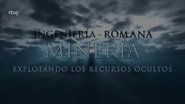
Roman cities were living examples of prosperity. In this episode, a large part of the territory covered by the Roman Empire is shown, presenting diverse and varied examples of cities and how the Romanization process was.



